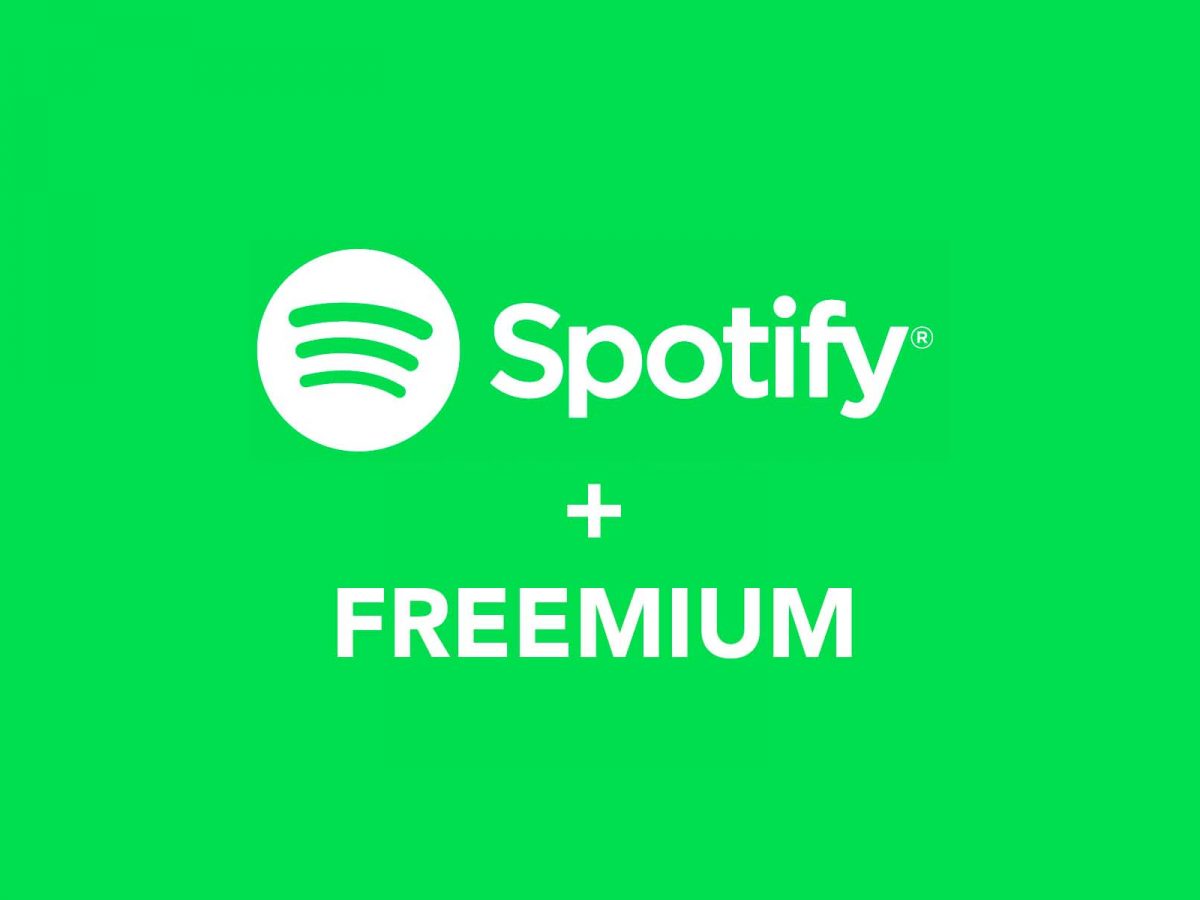Spotify was in a tough situation. They entered a market where freemium was not only the modus operandi — read: piracy — but also the root of the battle between music labels and listeners.
It had probably no choice but to go for freemium. And so they did.
It turns out, it made business sense as well. To those who wouldn’t be music aficionados, $10/mo wasn’t necessarily “worth it”.
Give them enough freemium and they’ll probably see the value behind the time-saving and comfortable Spotify premium
— Spotify execs said. And the bet paid off.
The idea’s simple and it boils down to basic economics: if $10 every month is a sum you can’t afford, you probably have time — or at least the willingness to be exposed to a non-perfect experience.
Show these people ads and let them enjoy their music.
If you, dear customer, don’t want that, jump aboard the premium ship — it works just as fine for us.
It turns out what looked like an industry constraint turned into good business sense. And let quickly expand on the industry constraint: it was more about the matter of context.
At that moment, piracy was flourishing – cheaper, faster, more efficient etc. How did Spotify have the chance to outgrow that? Through the freemium way.
To see more, check out one of our most successful articles on this topic:
About Ch Daniel
I’ve updated this signature in July 2020, so older mentions of the signature might not make sense.
I currently don’t write on this blog anymore. I wrote daily for 9 months on this very blog, but now I’m focused on building the CH Group.
If you want to follow my newer articles, check out the CH Group’s blog.
See everything I do here: Chdaniel.com




